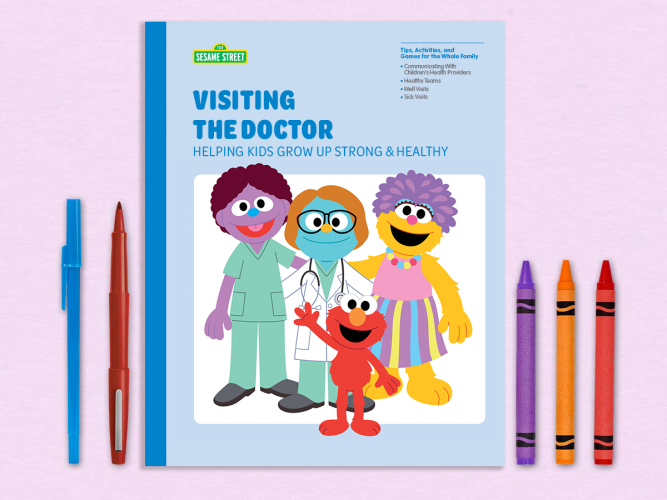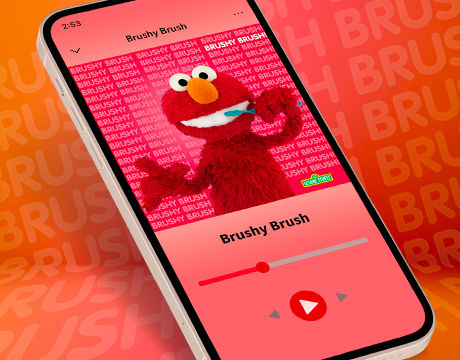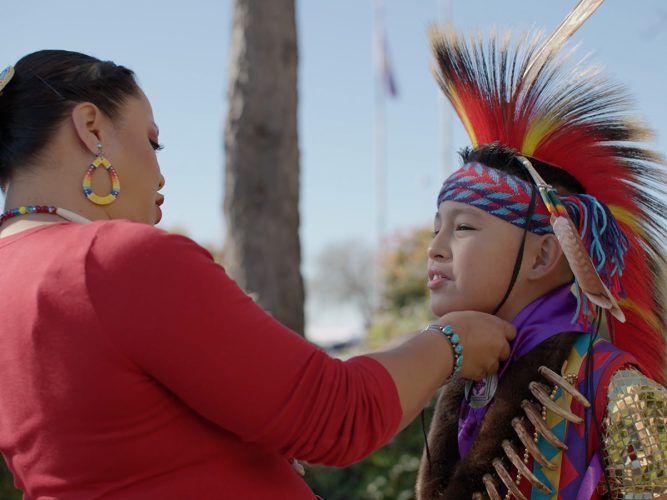
Protect Your Baby With Vaccinations
All about vaccinations.
By Candice Robinson, MD, MPH, Centers for Disease Control and Prevention, National Center for Immunization and Respiratory Diseases
Why Vaccinate My Baby?
You want to do what’s best for your little one! You use car seats and baby gates to keep them safe. When their older, you hold their hand crossing the street and you make sure they wear a bike helmet. And one of the very best ways to protect kids is to make sure they get all of their vaccinations.
Vaccinating your baby gives them the best protection against 14 serious diseases before the age of two! Vaccines work with the body’s natural defenses to protect them from these diseases. The recommended immunization schedule helps protect babies early in life, before they are exposed to diseases.
Diseases that vaccines prevent can be very serious—even deadly—for babies. Many are rare in the U.S., but still exist around the world. Here, we still see outbreaks of diseases like measles and whooping cough (pertussis).
Following the Recommended Schedule
The number of vaccines a child needs in the first two years may seem like a lot, but doctors know that a healthy baby can handle them. Some parents choose not to vaccinate or to spread out vaccines, but when this happens, children aren’t protected from diseases.
Each vaccine protects against a specific disease. Babies may need more than one dose of a vaccine for best protection, and every dose is important. Like any medicine, vaccines can cause side effects, but the most common ones are mild. For instance, babies may be sore where they got the shot, eat less for 24 hours, or have a low fever.
How Can I Pay for Vaccines?
Most health insurance plans pay for vaccines. If you don’t have health insurance, or your insurance policy doesn’t cover all vaccines, your child may qualify for the VFC Program. Children who qualify for Medicaid can also get free vaccines through VFC.
Have More Questions About Immunization?
Talk with your child’s doctor or visit CDC’s vaccine website for parents.

Connecting & Communicating
Communication and connection with families is key to building a strong, effective healthy team.

Visiting the Doctor: Helping Kids Grow Up Strong & Healthy
Preparation and communication help you get the best care for your child at every medical visit.

Communicating at Doctor’s Visits
Good communication leads to good care for your child.

Rosita’s Favorite
Regular check-ups can be a fun and informative experience for the whole healthy team, kids included!

Brushy Brush: Fun Songs to Inspire Healthy Teeth Brushing Habits in Kids
This curated playlist is perfect for celebrating and inspiring the important routine of tooth brushing! Keeping children’s smiles healthy is an important part of keeping their whole bodies well.

My Whole Healthy Life: Meet Reignen
A video about the different ways a Native American child and his family stay healthy.

My Whole Healthy Life: Meet Wa.Sta.Tse
A video about the different ways a Native American child and her family stay healthy.
